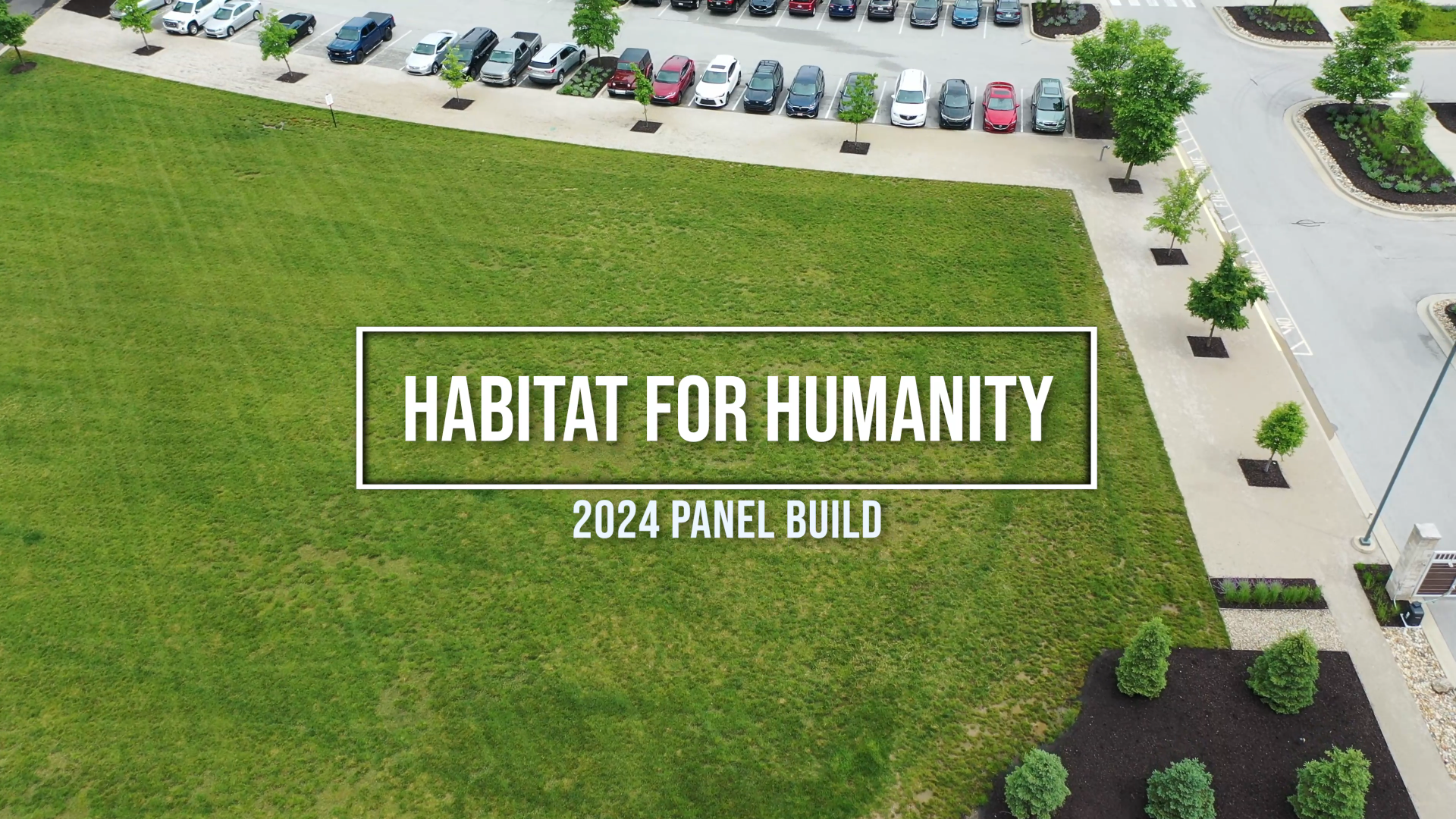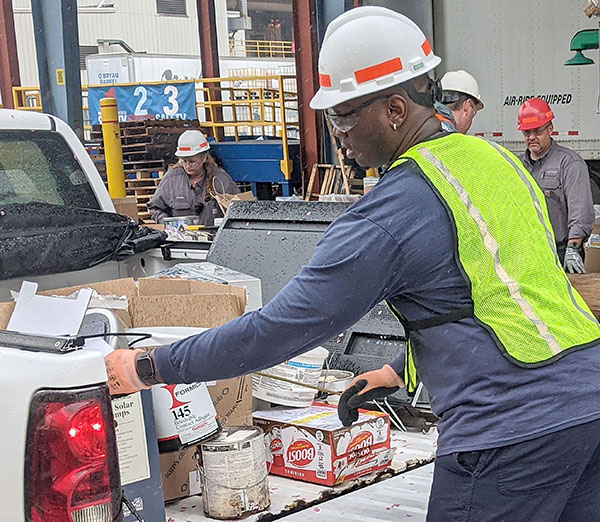COVID-19 Disinfection: Importance of Experience

Authored by Vice President Angie Martin, PE, CHMM
As the need for disinfection services arose following the outbreak of COVID-19, companies jumped at the opportunity to meet demand. However, not every entity offering these services has the experience, knowledge, equipment, and qualifications to properly handle a disinfection – and their lack of experience can not only hinder business continuity, but significantly increase risk for the companies that hire them.
A major concern with viruses is preventing the spread, which can occur via person-to-person or person-to-object contact. If surfaces, equipment, and fabrics are exposed, the virus can be spread through touch, specifically touching the face, mouth, and nose after touching an impacted surface. To prevent the spread, precautions are recommended to disinfect these exposed materials, and the personnel who are disinfecting must be properly protected as well, both from the virus, and from the chemicals used to kill it. A recent article in The Environmental Business Journal (EBJ) discussed how companies without previous hazmat experience often arrive “without the appropriate and necessary specialized personal protective equipment (PPE), certifications, and experience, [and are] being tasked with cleanups they’re not trained or qualified to handle.” Ensuring team members are wearing proper PPE and follow protocols that are designed to safely kill the virus while minimizing exposure is critical.
Heritage has been protecting human health and the environment for 50 years – we have responded to chemical spills, chemical fires, plane crashes, oil spills, including one of the largest oil spills in the US in the Gulf of Mexico, and various other types of hazardous materials incidents. We have conducted hazardous materials remediation and decontaminations of industrial buildings, equipment, and containers. Handling a threat like the coronavirus requires a similar degree of experience, equipment, and training, and we are experts in handling hazardous materials and emergency situations in a safe and compliant manner.
Heritage practices different levels of PPE depending on the situation. The higher-level PPE is used when there is a confirmed or presumed case, for emergency response disinfections. The reduced level of PPE used for pre-contracted routine/preventative disinfection.
From the disinfectants used, to the operating procedures we follow; all our disinfection protocols have been developed based on EPA and CDC guidelines. The PPE our emergency response teams utilize when responding to a known or presumed cases of coronavirus (coated, chemical-resistant hooded suits with taped or bonded seams, nitrile gloves, chemical booties, and full-face respirators) offers some of the highest levels of chemical protection. The PPE our routine services teams use includes disposable suits, nitrile gloves, and N95 or upgraded respiratory protection. We exclusively use chemicals from the EPA’s List N, which are products that have met the EPA’s criteria for use against SARS-CoV-2, the virus that causes COVID-19.
Entities who are conducting disinfection without wearing proper PPE can cross contaminate from one work site to another. Employees who are wearing the proper PPE which are disinfected and disposed prior to moving on to another site eliminate the possibility of cross contamination.
For the emergency response disinfections, preventing the spread of the virus is controlled by creating zones for each stage of the operation. First, we establish a safety perimeter and buffer zone, preventing any unauthorized personnel from entering. A single point of entry is established whenever possible to further enhance security.
Before the decontamination begins, we review floor plans and any special requirements with each customer to ensure every corner, crack and crevice are disinfected.
Depending on the surface, we utilize three methods of disinfection:
- Hand wiping high touch areas, like desks, keyboards, phones, door handles, microwaves, vending machines, timeclocks and machinery controls.
- Spraying high traffic areas, such as locker rooms, break rooms, and cafeterias.
- Hydrostatic fogging in open spaces such as hallways, auditoriums, and production floors.
Outside the designated area, a decontamination zone is set up where exiting team members practice standard decontamination and doffing methods. Disinfected PPE is placed into a container, which is sealed and disinfected, before being sent offsite for safe and compliant destruction.
When it comes to protecting the health and safety of your workplace and employees, it is important to work with companies you can trust, that have the experience to safely and thoroughly handle your situation. Heritage is ready to respond.
Learn more about our Emergency Response and Hazardous Waste Services
More News From Heritage
-
6/27/24
Heritage Environmental Services to Acquire EBV from General Dynamics
Heritage Environmental Servicess, an EQT Infrastructure portfolio company, will acquire EBV from General Dynamics
-
6/13/24
Meet The Facilities – East Liverpool
An inside look at our incineration facility located in East Liverpool, OH
-
5/24/24
Habitat for Humanity 2024
Heritage hosted our 14th annual Habitat for Humanity build this month, partnering with over 50 employees from various THG companies.
-
5/6/24
Date set for the household hazardous waste collection in East Liverpool, Ohio
-
3/12/24
Equal Pay Day – Spotlighting Our Female Drivers
-
3/8/24
International Women’s Week Spotlight – Shannon Dippel
For International Women's Week, we're spotlighting some of the incredible women in the Heritage family. Our final spotlight is Shannon Dippel.
-
3/8/24
International Women’s Week Spotlight – Susan Adams
For International Women's Week, we're spotlighting some of the incredible women in the Heritage family. Our sixth spotlight is Susan Adams.
-
3/7/24
International Women’s Week Spotlight – Lea Wilson
For International Women's Week, we're spotlighting some of the incredible women in the Heritage family. Our fifth spotlight is Lea Wilson









